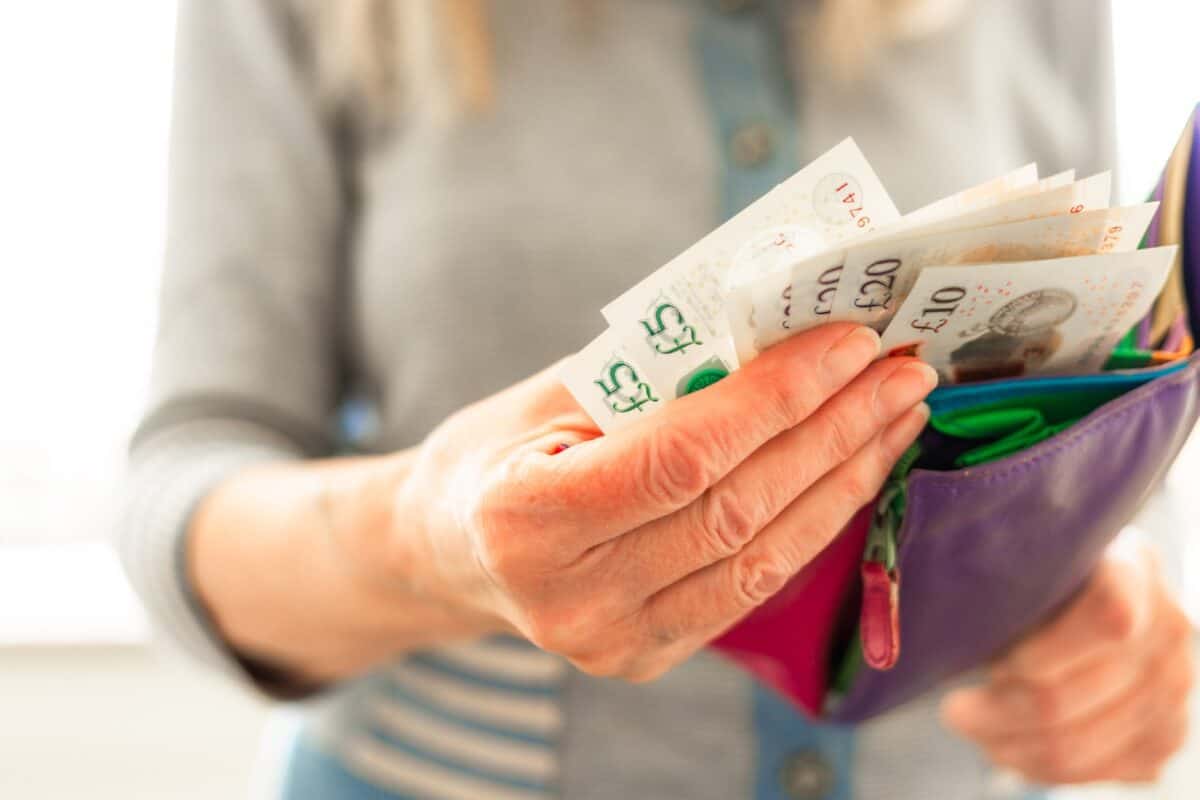Image source: Getty Images
Since listing in February 2007, holders of Frasers Group (LSE:FRAS) shares have never earned any passive income. Instead, the company retains its surplus cash to help fund its growth.
Occasionally, the directors will implement a share buyback scheme. But more frequently, the company reinvests it earnings into opening new stores, improving its online offering, and buying other retailers.
And until recently, this strategy has delivered excellent returns to shareholders.
From the start of 2020 until the end of September 2024, the company’s share price increased by 83%. However, since then, it’s fallen by 30%.
The recent pullback has been blamed on “recent weaker consumer confidence leading up to and following the Budget”. To compound matters, as a result of the Chancellor’s policies, the company faces additional employer’s national insurance costs of around £50m a year.
In early December, the company announced that it now expects to report an adjusted profit before tax of £550-£600m for its current — 27 April 2025 (FY25) — financial year, down from its previous estimate of £575m-£625m.
Shareholders were disappointed by the news and the stock fell 8.9% on the day of the profits warning.
As a result, the retailer’s been ejected from the FTSE 100 and now sits in the second tier of UK listed companies.
Possible reasons to invest
But this could be an attractive entry point for me.
At first sight, the stock appears to offer excellent value. Even at the lower end of its current profits guidance, assuming a tax rate of 25%, it should generate post-tax earnings of £412m.
With a current (3 January 2025) market cap of £2.73bn, it trades on a forward earnings multiple of just 6.6.
This is less than half that, for example, of Next (14.4) and a little lower than JD Sport’s (7.4). In July, when it reported its FY24 results, its price-to-earnings ratio was 9.4.
If it could command this valuation multiple again, its shares would be 42% higher. This should be more than enough to see the stock return to the FTSE 100.
And I wouldn’t rule this out.
The company has an excellent track record in growing both organically and through acquisition. Comparing FY24 with FY20, revenue was 40% higher. Earnings per share was 4.6 times more.
It’s also diversified into other (non-fashion) retail sectors.
Timing is everything
But I’m going to wait until it’s clearer how the company fared during the crucial Christmas trading period.
According to Visa, during the seven weeks ended 20 December 2024, year-on-year spending in the UK was 2.3% higher, including a 6.1% increase online.
However, look a little closer and the position’s less clear.
Although department stores saw a 7% increase in sales — which should help House of Fraser and Flannels — spending on clothing and accessories was 2% lower.
During FY24, 51.7% of the company’s revenue was derived from its Sports Direct brand. Any weakness in sales in this segment is therefore likely to spook investors further.
I’m also concerned about the group’s over-reliance on the UK.
In FY24, 84% of turnover was generated domestically. The UK economy is expected to grow in 2025 but recent economic data hasn’t been very encouraging. Any domestic downturn is likely to affect Frasers badly.
For these reasons — despite the stock’s attractive price — I’m going to wait a little longer before revisiting the investment case.
Credit: Source link













